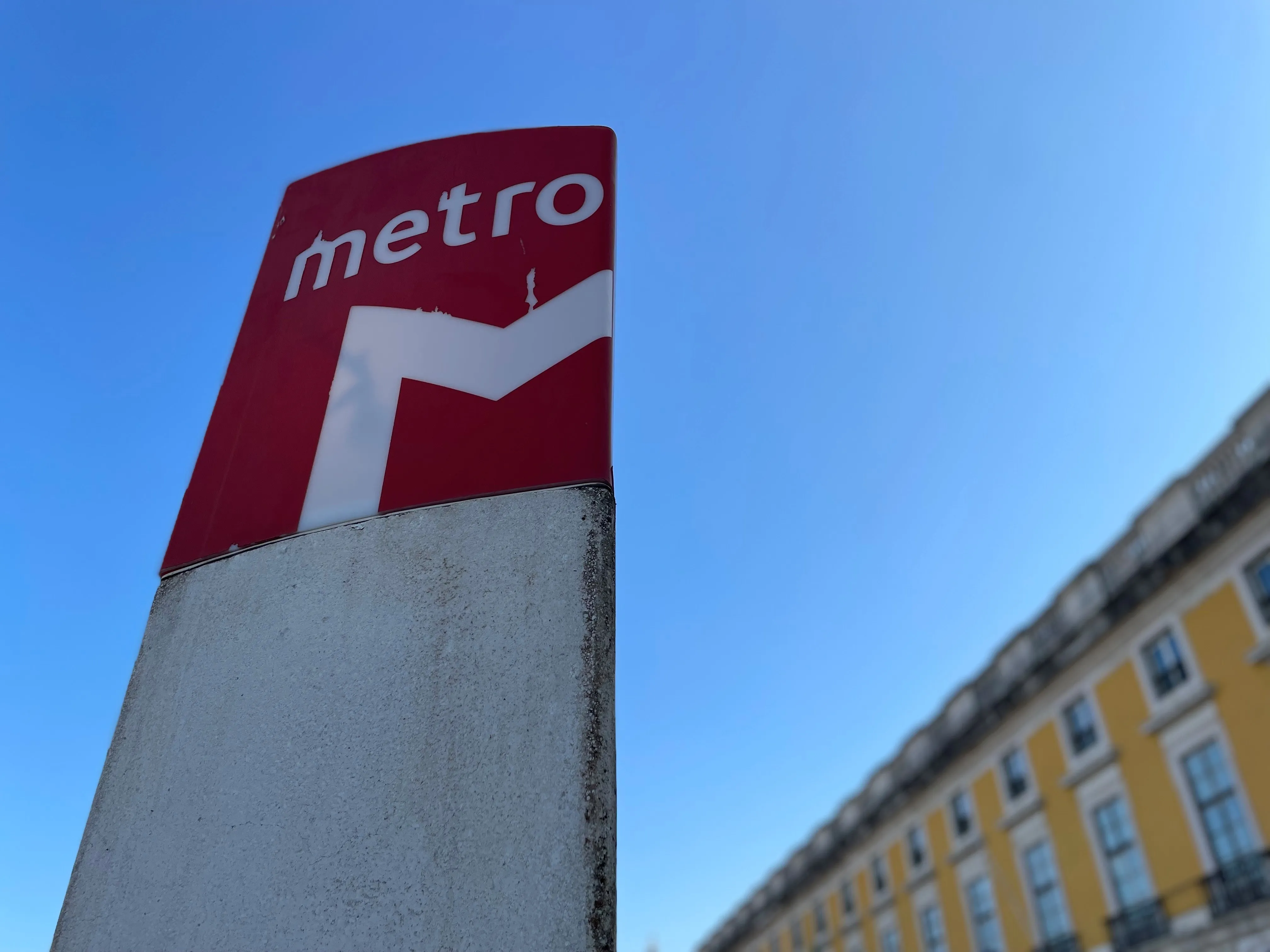
PTV Group software for predictive traffic modelling will be deployed in the northern UK city of York to create a real-time city-wide transport model.
Consultancy firm Wood has been appointed as lead partner in implementing the project, which is supported by the UK government’s National Productivity Investment Fund.
The project is the first transport modelling and connected vehicle project of its kind in the UK, according to Wood and city authorities.
A live model of York’s traffic network will be set up as a digital representation fed from a wide range of real-time data sources.
In addition to traffic optimisation through the live model, a strategic model will provide information as the basis for long-term decision making concerning the local transport plan, development planning and business case applications.
Wood will work in partnership with independent transport modelling consultant Relative Gap, and PTV, which has its headquarters in Karlsruhe, Germany.
The real-time model will also provide predictions of traffic responses to planned and unplanned events using live and historical traffic data, ensuring the best possible strategy can be implemented quickly and efficiently, explained Devrim Kara, UK director at PTV.
“This state-of-the-art programme will help the City of York provide a transport plan which enhances its citizens’ lives and helps protect the urban environment,” said Joe Sczurko, chief executive of Wood’s technical consulting solutions business.
The work is part of the city’s Smarter Travel Evolution Programme (Step) which was awarded £2.8m funding in March 2018 through the UK Department for Transport’s National Productivity Investment Fund.
According to York’s authorities, Step stands out from other funded projects because it makes that best use of existing highway infrastructure with predominantly technology-, data- and modelling-based improvements.
The majority of other schemes under the National Productivity Investment Fund are ‘traditional’ transport infrastructure schemes which might include road widening and junction improvements.








